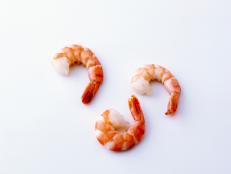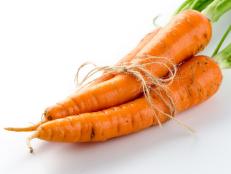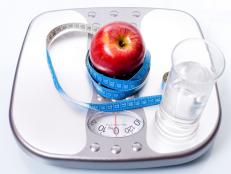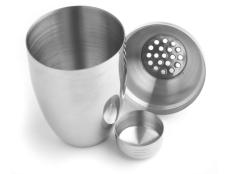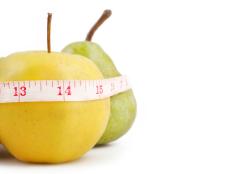Tea: Facts vs. Myths
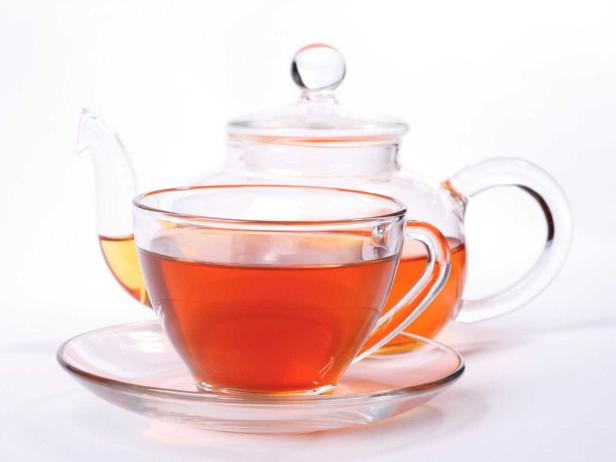
Top Photo Corporation
I've heard it all when it comes to tea and oftentimes what's said just isn't true. Here's the real truth when it comes to one of the most popular drinks in the world.
True teas including black, green, white and oolong come from the camellia sinesis plant. Herbal teas are made by steeping fresh or dried flowers, herb, seeds, roots or plant barks in hot water. The so-called "teas" are really called tisanes.
Green tea has about 35 milligrams per cup. Iced green tea also contains caffeine — about 15 milligrams per 16 fluid ounces. If you're an avid green tea consumer, be careful—the caffeine can add up quickly.
Decaffeinated teas do contain some caffeine, about 2 to 10 milligrams per cup. If you’re looking to go caffeine free, herbal teas are your best bet. If you do go for the caffeinated stuff, keep in mind that the amount of caffeine differs from tea to tea: Black tea has around 60 milligrams of caffeine per 8 ounces, about double that of green tea.
Fact: Tea can help you meet your daily fluid needs
Many folks believe that tea doesn’t contribute to your daily fluid needs. Studies show that caffeinated drinks don’t have a negative effect on your hydration status. However, caffeinated beverages can cause you to lose some fluid so consume them in moderation.
Many women avoid regular tea during pregnancy and turn to herbal teas instead -- but they aren’t all necessarily safe. Some herbal teas contain ingredients that either haven’t been fully researched or may have a negative effect on the fetus. Speak to a registered dietitian or doctor before consuming herbal tea when you're expecting.
Tea contains natural plant compounds called flavonoids, which have been shown to help reduce the risk of heart disease. To maximize the power of flavonoids, it’s best to drink freshly brewed tea. Brew a fresh batch and add a spritz of lemon or orange juice in order to help preserve the flavonoids.
Unfortunately, green tea has been hyped up as a magic weight loss solution. This myth’s comes from the fact that green tea contains a stimulant which does speed up metabolism—but only a small amount. If you think sipping on cups of green tea or popping supplements is the answer, be careful. Green tea does contain caffeine, which can be dangerous if you have a heart condition. In addition, green tea supplements can react with other medications.
Cooking with tea has become very trendy. Besides making a fantastic green tea smoothie, tea can be used to poach fish and to cook grains like bulgur and wheat berries.
If you’ve got bags of tea sitting around for years, it's time to toss them. The shelf life of tea is about 6 months. Over time, the powerful flavonoids found in tea are reduced. To get the most out of your tea, store it in a cool, dark place.

























